The facility, established with support from the REFRESH project within the Operational Programme Just Transition, will serve both as a teaching space for university students and as a research hub for cooperation with industrial partners. Besides FSE, the facility will serve students and researchers from the Faculty of Electrical Engineering and Computer Science and the Faculty of Mechanical Engineering.
The laboratory is equipped with two collaborative robots. Students will use them to model practical scenarios, gaining hands-on experience with advanced collaborative robotics technologies.


“Since our graduates will increasingly encounter collaborative robots in real-life settings, it is essential that they learn to operate them safely. Students will work on topics such as cybersecurity, predictive maintenance, the mechanical safety of collaborative robots, and overall safety in human-robot cooperation. The laboratory brings together experts from different faculties and disciplines, and its integration into teaching represents another step toward innovating our study programmess and aligning them with industry needs,” said Vendula Laciok from the Department of Occupational and Process Safety at FBI.
The laboratory will also allow experts to test and develop safety protocols for human-robot interaction in industry and beyond. It will enable the simulation of real-life conditions, risk assessment, and the design of practical solutions.
“Our aim is to create straightforward procedures for companies to ensure workplace safety even in demanding situations such as potential collisions between machines and operators, which may occur in collaborative robotics. We also intend to draw on the experience of safety engineers, workplace integrators, and regional businesses,” added Aleš Vysocký from the Faculty of Mechanical Engineering.
Bridging research, industry, and the education of future professionals in fast-growing applied fields is one of the key missions of the REFRESH project, which funded the laboratory with an investment of four million CZK.
“The new laboratory will not only give students direct experience with cutting-edge technologies but also create opportunities for companies to cooperate with the university in developing innovative solutions for safe human-robot interaction. This investment through REFRESH supports our vision of VŠB-TUO as a center of education and research that drives regional development and transformation,” said Igor Ivan, director of REFRESH and rector of VŠB-TUO.
Collaborative robots are a specific category of industrial robots designed to work alongside humans without the need for separation by safety cages or barriers. Their robotic “arm” supports or complements human labor, particularly in tasks requiring precision, repetitive activity, or handling of heavier materials. Collaborative robots are widely used in assembly, packaging, quality control, logistics, as well as healthcare and services. Their purpose is to boost efficiency, quality, and workplace safety while maintaining the human role in production and services.
Photo gallery available here:
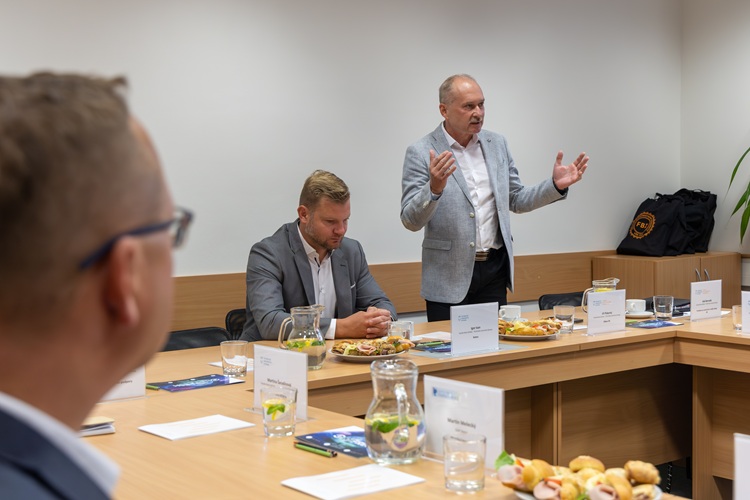

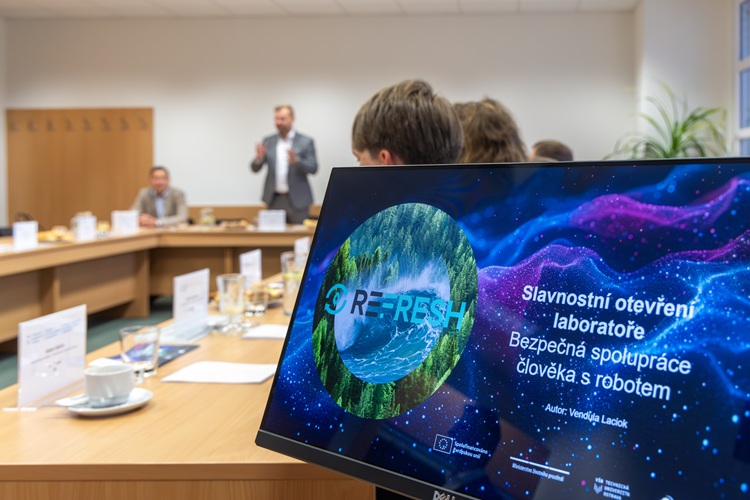
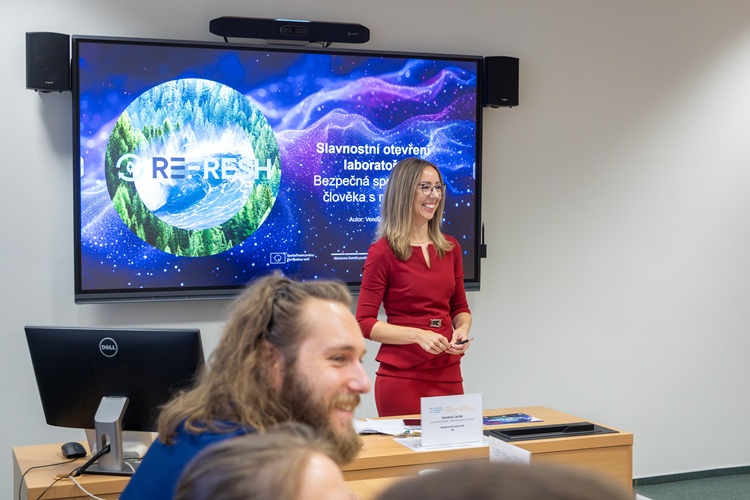
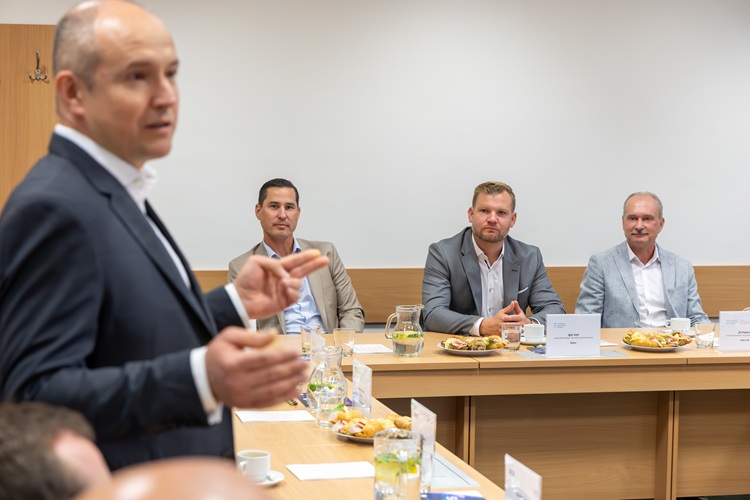
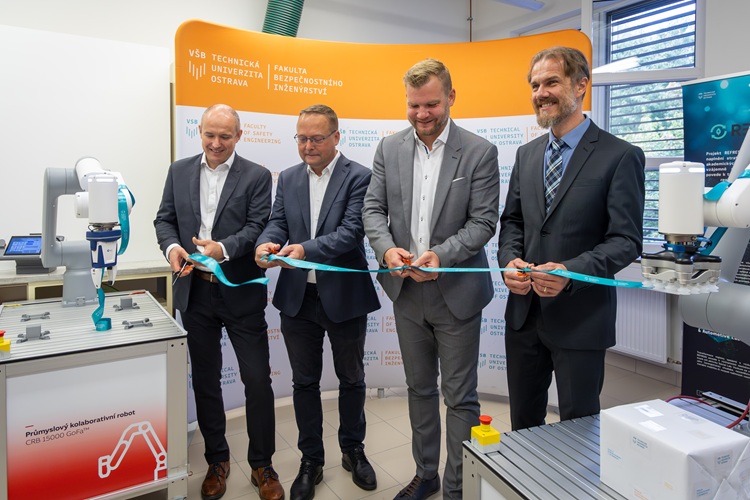
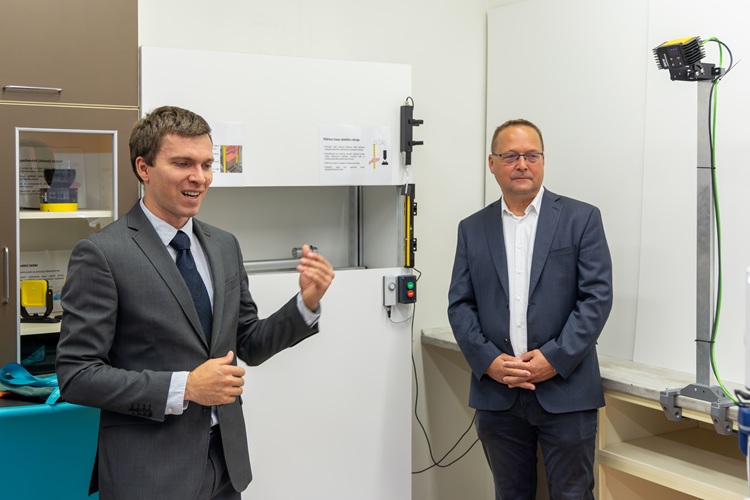
![]()
![]()